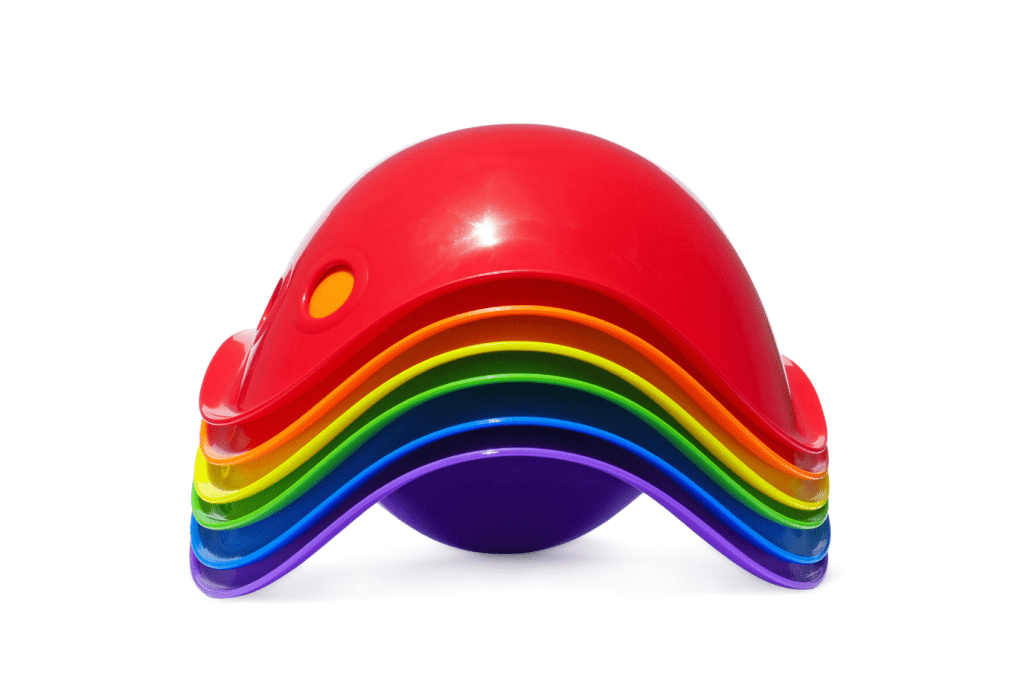Menu
-
-
Easter Basket Gifts
-
Shop Gifts By Age
- Gifts For a 0-6 Month Old
- Gifts For A 6-12 Month Old
- Gifts For A One Year Old
- Gifts For A Two Year Old
- Gifts For A Three Year Old
- Gifts For A Four Year Old
- Gifts For A Five Year Old
- Gifts For A Six Year Old
- Gifts For A Seven Year Old
- Gifts For An Eight Year Old
- Gifts For A Nine Year Old
- Gifts For A Ten Year Old
-
Shop Gifts By Budget
- New Arrivals
-
Toys
- Large Active Toys
- Animal Toys
- Arts & Crafts
- Award-Winning Toys
- Bath Toys
- Birthday Wishlists
- Building Toys
- Cars, Trains, & Trucks
- Games
- Instruments
- Loose Parts Play
- Loot Bag Toys
- Made in Canada
- Outdoor Toys
- Pretend Play
- Puzzles
- Sensory And Fidget Toys
- Sensory Bin Tools & Fillers
- STEM Toys & Activities
- Toronto-Themed Gifts
- Travel Toys
- Wooden Toys
- Waiting Room Toys & Furniture
-
Montessori Materials
- Montessori At-Home Program
-
Montessori Furniture
-
Bundles & Sales
-
Books
-
Shop By Age
-
Shop By Brand
-
Brands A-F
- 3 Sprouts
- 4M
- Ark Therapeutic
- Avenir
- B. Toys
- Bamboo Switch
- Beleduc
- Bob Books
- Brio
- bug + bean
- Carpets for Kids
- Cherrypick
- Children's Factory
- CJECOPLAY
- Clixo
- Connetix Tiles
- Crayola
- Creativity For Kids
- Crocodile Creek
- DJECO
- Educare
- Educational Insights
- Educo
- eeBoo
- Erzi
- ezpz
- Fat Brain Toys
- Fidget Company
- Foundations
- Brands G-L
- Brands M-R
- Brands S-Z
-
Brands A-F
-
- 866-901-4696
- Gift Registry
- Login

Montessori Glossary - Common Terms Used in Montessori and Their Definitions
3 min read

Sensitive Periods - referred to today as a ‘times of optimal learning’. Sensitive Periods are a term used by Dr. Montessori to describe a period of development where the child has an intense need for and interest in exploring and learning specific ideas and skills. Click here for more in-depth info of each of the six sensitive periods from ages 0-6.
Absorbent Mind - a term used by Dr. Montessori to describe the brain of a child from birth to 6 years of age. Their mind is like a sponge that absorbs everything around them.
Planes of Development - a term used by Dr. Montessori to describe the developmental phases of growth from birth to 24 years. She found that the planes of development are a “series of rebirths” with each plane having unique characteristics and monumental changes occur as the child passes from one to the next.
The four planes are:
- Infancy/Early Childhood (Birth to 6 years)
- Childhood (6 to 12 years)
- Adolesence (12 to 18 years)
- Maturity (18 to 24 years).
Horme - a term used by Dr. Montessori to describe a quality of the child’s absorbent mind. The horme is within each child and is an “unconscious willpower” that drives them to develop and learn.
Work - a term of respect used in Montessori classrooms to describe the activities and exercises a child engages in.
Montessori Materials - high-quality learning tools, typically made of natural materials. Montessori materials are purposeful, educate the senses, invite repetition and develop specific skills.
Open-Ended Materials - toys that are exploratory in nature, invite imagination and creativity and can be used in multiple ways.
Fine Motor Skills - coordination of small muscles, i.e. hands, fingers, wrists.
Gross Motor Skills - coordination of large muscles, i.e. legs, torso, arms and whole body movements.
Maximum Effort - an effort putforth by the child where they seem to be using all of their mental and physical energy to complete a task, i.e. ‘heavy work.’ Click here to get examples of Maximum Effort Activities you can do with your child.
Nido (translate to ‘nest’ in English) - a term used to describe a Montessori prepared environment for infants, from 6/8 weeks to approximately 16 months of age. Also known as ‘Infant Community.’
Pre-Casa - a term used by some Montessori Schools to describe a Montessori prepared environment for children aged 16/18 months to 3 years. More commonly known as ‘Toddler’.
*Note that Pre-Casa is not a widely recognized term in the Montessori Community, it was created for so schools could offer childcare spaces for children under 2.5.
Casa (translates to ‘home’ in English) - a term used to describe a Montessori prepared environment for children aged 2.5 to 6 years.
Practical life work/skills - practical everyday activities that benefit the individual and greater community. The exercises of Practical Life develop the ‘whole’ child and foster independence. There are 4 categories of Practical Life:
1) Care of the Self (dressing, brushing teeth/hair, etc.)
2) Care of the Environment (indoor, i.e. sweeping, washing dishes, etc and outdoor, i.e. watering plants, raking leaves, etc.)
3) Grace and Courtesy (tucking in chair, carrying objects, etc.)
4) Food Preparation (chopping fruits and vegetables, baking, etc.)
Crisis of Opposition - a term used by Dr. Montanaro (a pioneer of sharing Dr. Montessori’s method around the world) to describe a shift in development. It may begin at approximately 18 months to 36 months, where the child begins asserting their will, i.e. saying ‘no.’ Also known as the Crisis of Self-Affirmation (i.e. ‘me’ and ‘mine’). Historically, this phase has been incorrectly nicknamed ‘the terrible twos.’
Growth mindset - a belief that we can learn new things by working hard, being receptive to constructive criticism and exploring new strategies. A ‘growth mindset’ is a willingness to learn and change. An understanding and acceptance that we can and will learn from our “mistakes.”
Learning tower - a sturdy and safe wooden stool that brings children up to counter level in the kitchen so they can participate in food preparation or other kitchen activities. Click here to learn more about our Learning Tower.
Weaning table - a child-sized table that is used in the Eating Area of the home once the child begins to eat solid foods. Introduces separation between child and caregiver during mealtimes, as the child grows and begins to feed themselves independently.
Toilet Learning - a natural process of learning how to use the toilet independently, guided by an adult and initiated by the child who is showing an interest and signs of ‘readiness.’ Through toilet learning the child is working towards ‘toilet independence.’ Referred to as learning rather than training to remind adults to focus on the process rather than the end result, i.e. no more diapers. Click here to read The Montessori Approach to Potty training (Toilet Independence)
Join Our Montessori Community
Sign up to get weekly activities, free printables, Montessori parenting guidance, and so much more.
Plus, get $10 off your first order of $100+.
Like this article? Get new articles, weekly activities, free printables, Montessori parenting guidance, and so much more.
One mom recently shared:
"Your newsletter is always SO great. It is one of the few I open and read weekly. You provide so much value. Thank you!"



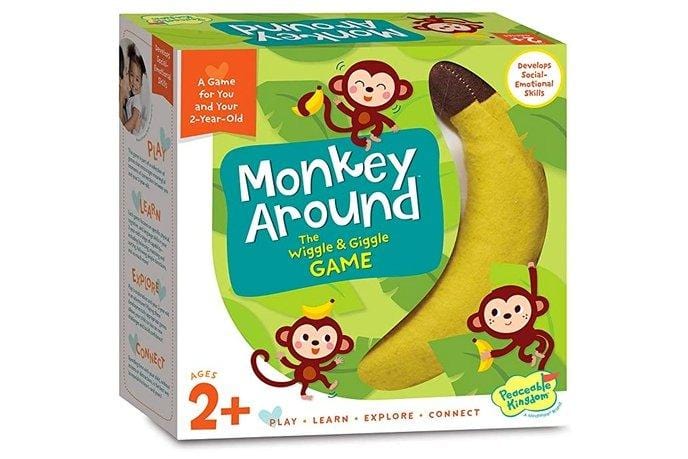
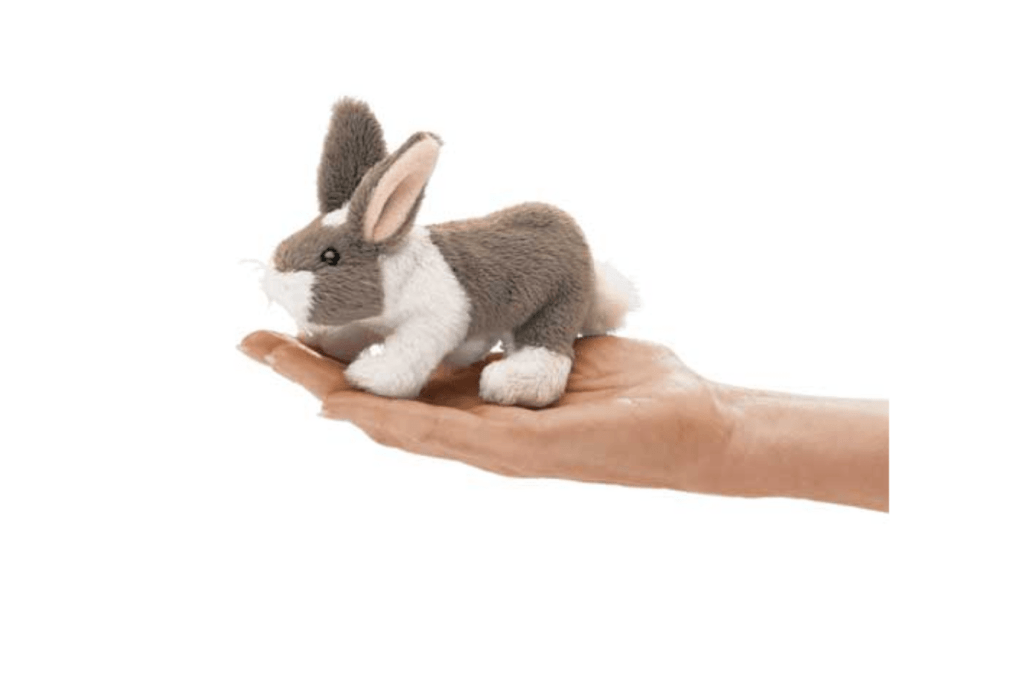
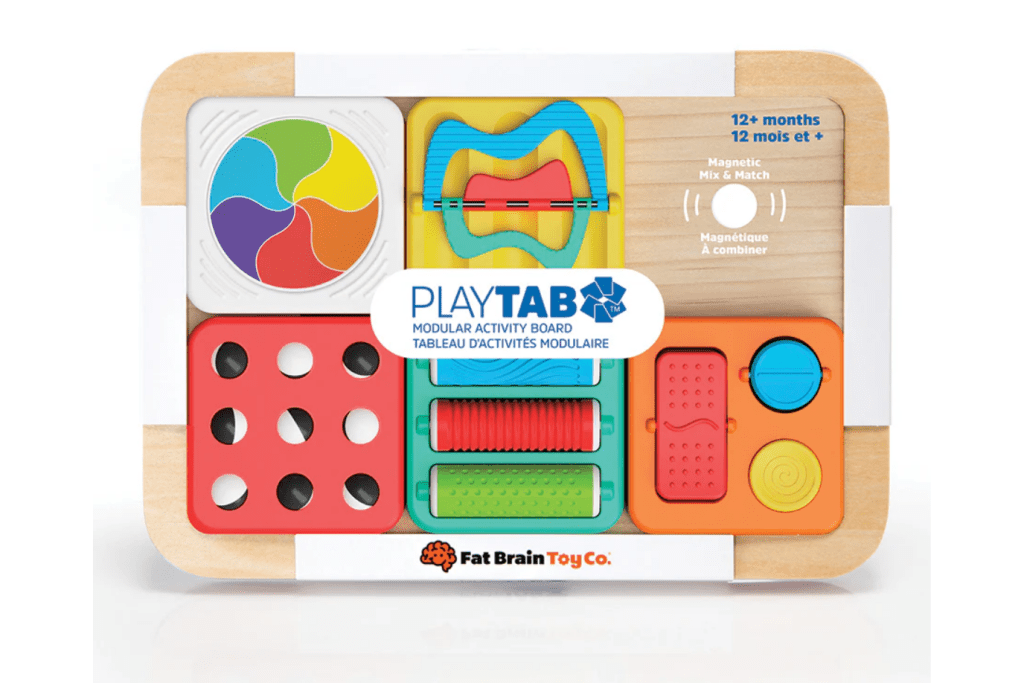
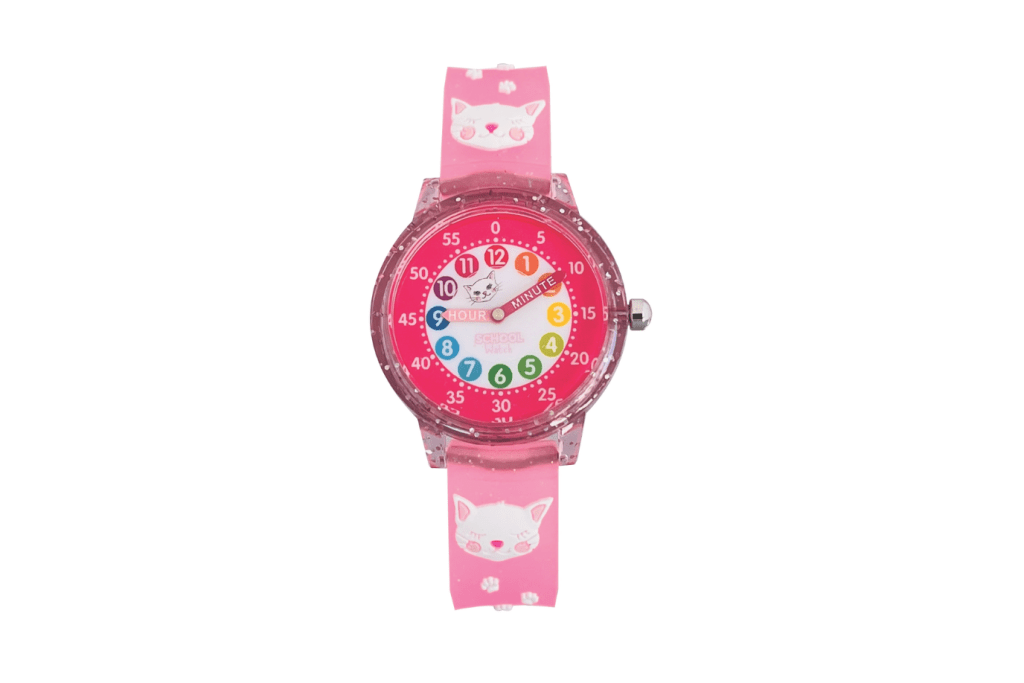
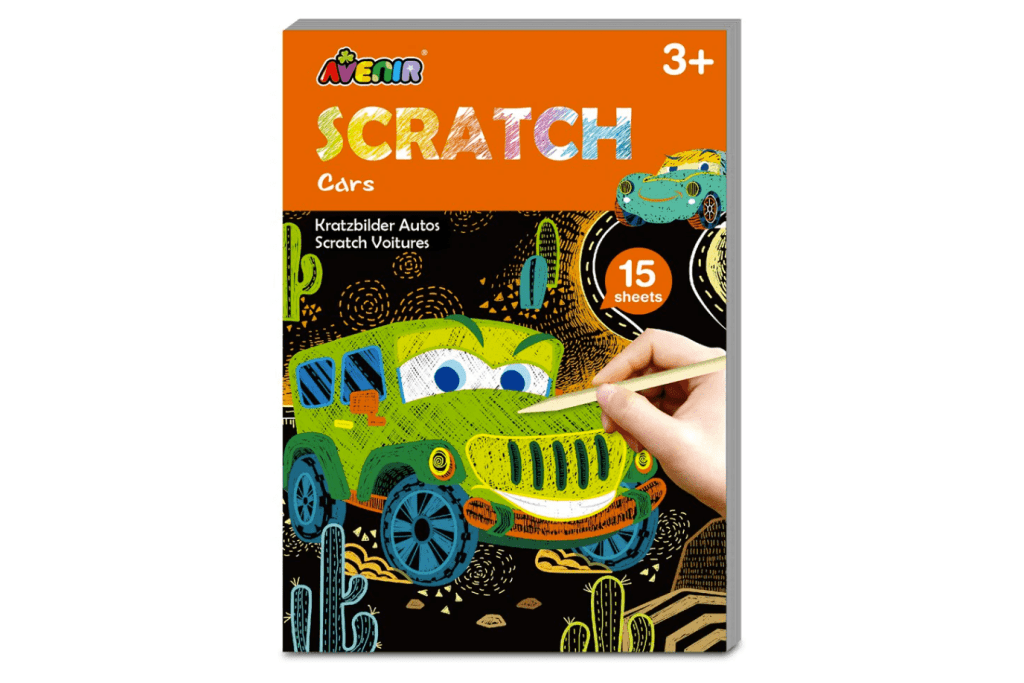

![Kidamento Kidamento Children's Cameras [3 Models]](http://themontessoriroom.com/cdn/shop/products/kidamento-childrens-cameras-3-models-661353_1600x.png?v=1699075281)
